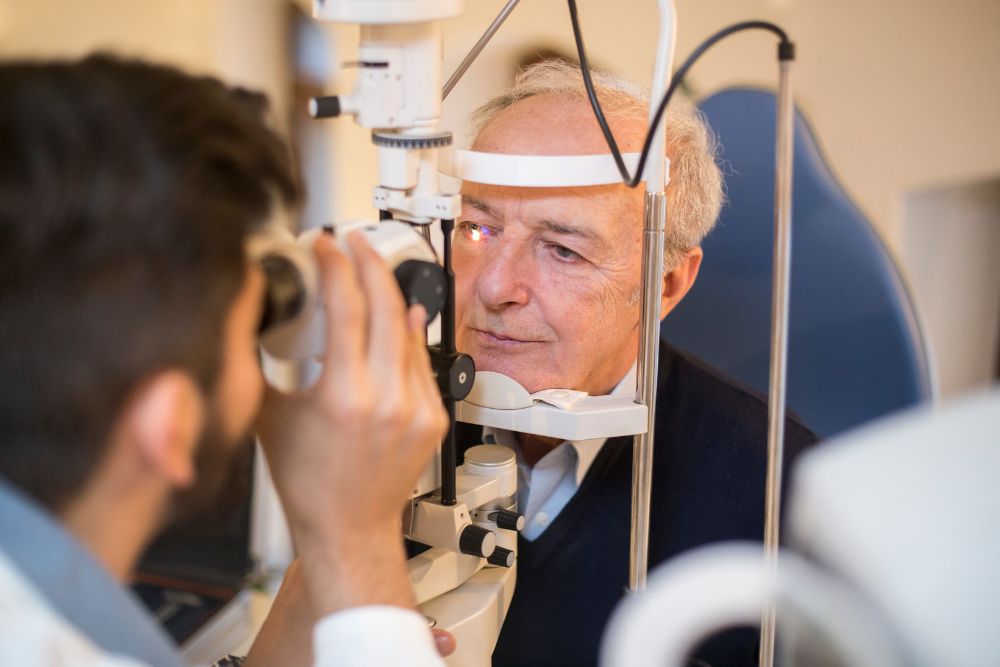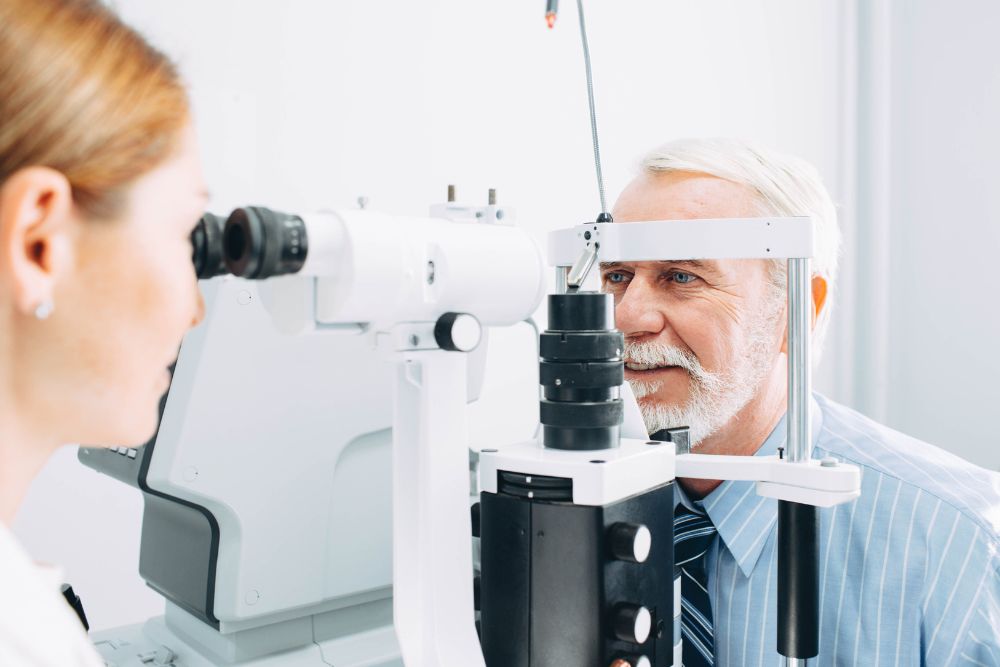The Importance of Regular Retinal Examinations: Protecting Your Vision

Regular ophthalmologic exams are a crucial component of proactive healthcare, akin to your annual physical and semiannual dental checkups. Neglecting this aspect of your health can have serious consequences, especially for your retinal health and its impact on your overall well-being. Comprehensive, dilated exams not only offer a chance to detect disorders early but also provide a window for timely intervention, potentially preserving and even improving your vision.
How the Retina Benefits From Periodic Evaluations
The retina, an extremely thin tissue layer, faces numerous threats from various conditions and injuries, which can also impact its neighboring components such as the macula (located at its center) and the vitreous, a clear substance that fills most of the eye. Through comprehensive exams, ophthalmologists gain an efficient tool to assess the overall well-being of the retina.
In addition to routine care, regular examinations enable doctors to uncover related disorders, including underlying ones like type 2 diabetes, even in their initial stages. Even if not diagnosed early enough, frequent exams provide doctors with a means to delay or inhibit further disease progression, thus limiting complications. Moreover, these examinations facilitate the monitoring of conditions or treatment procedures.
Even if you’ve never experienced a retinal setback, regular ophthalmological exams are an important part of healthcare. The American Optometric Association (AOA) states that all healthy men and women between the ages of 18-64, without existing conditions, should be examined at least every two years, or annually, if 65 and over. These appointments may be particularly helpful for certain demographics, including people over 40, African Americans, anyone with diabetes or high blood pressure, or those with a family history of vision conditions such as age-related macular degeneration (AMD).
Another recommendation is that at 40, even if healthy, you have a baseline eye disease screening, as this is when vision generally begins to change, and early disease signs appear. Your ophthalmologist uses this opportunity to evaluate your complete eye health, including the retina. Once completed, you’ll schedule a follow-up, allowing for monitoring of any eye or vision changes.
The Retinal Eye Exam, in a Nutshell
Upon your initial visit with a retina specialist, expect a thorough examination lasting approximately 2-3 hours, or potentially more. This comprehensive appointment includes a full examination, retinal testing, and a discussion about your health status. It also involves gathering personal and family medical history, vision testing (where you read from a chart to assess visual function), and measurements of eye pressure.
Eye dilation is an integral part of the process, providing retina specialists with a clear and unimpeded view of the eye's internal structures, including the retina. This is achieved through the use of special eye drops that widen your pupils, the openings allowing light to enter the eye, typically lasting up to three hours. As your pupils remain open, allowing for increased light entry and heightened sensitivity, you may find it convenient to arrange transportation to and from the office.
Regular Eye Exams Are Key to Vision Maintenance
Everyone benefits from consistent, dilated ophthalmologic exams, whether to ensure continued good vision or to root out and monitor retinal disorders. If you’re interested in scheduling a retinal exam in Houston or San Antonio, we invite you to contact Retina Consultants of Texas.







